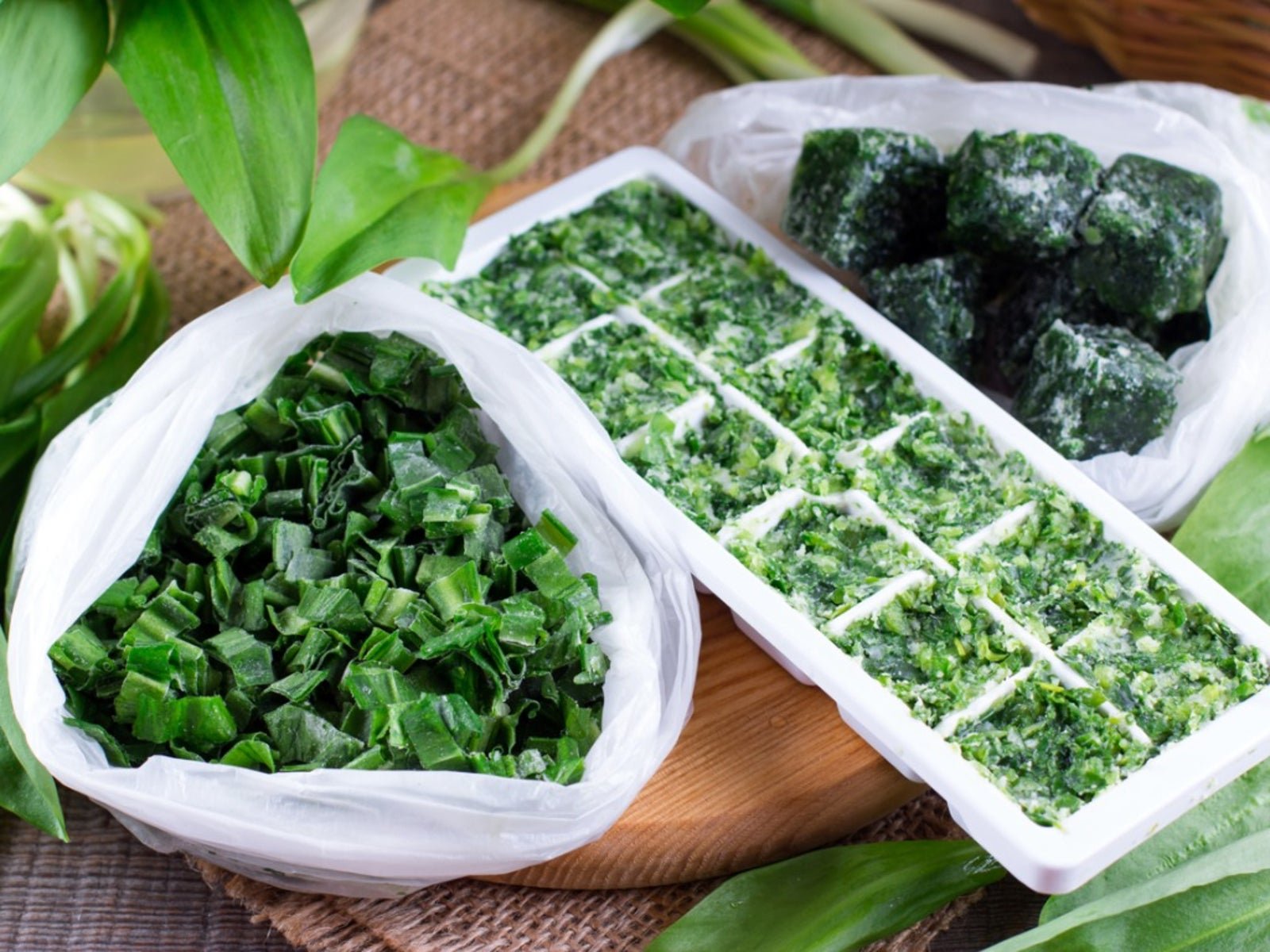Food Waste
The UK throws away around 9.5 million tonnes of food waste in a single year – even though 8.4 million people in the UK are in food poverty.
Food Waste refers to any food products that are thrown away as opposed to being consumed.
The vast majority of food waste ends up in a landfill site and this as an issue as when food items degrade naturally over time they releases a great deal of methane gas. According to a report by the EPA, methane is 25 times more harmful than carbon dioxide because it can trap heat within the atmosphere.
It’s estimated that around 60% of food waste comes from the home within the UK – with the other 40% being divided out between business and the hospitality industry. Sometimes, food waste accumulates because we aren’t sure what the labels on our packaging mean.
Best-by date: (or sell-by date) is about quality and not safety. After the best before date listed on a product, the food will be safe to eat but may not be at its best.
Use-by date: is about safety. This is the most important date to remember. Never eat food after the use-by date, even if it looks and smells ok, as it could make you very ill.
Food Carbon
The production of the food we eat is responsible for more than a third of global greenhouse gas emissions, so reducing food-related emissions is crucial to limiting further global heating. The question is, what should you do to help reduce these emissions?
If you want to reduce the carbon footprint of your diet, you should focus on buying foods with lower overall carbon footprints rather than those that don’t have to travel far. This basically means eating less meat and dairy.
For instance, producing 1 kilogram of beef can emit as much as 99 kg of carbon dioxide or equivalents, and making a kilogram of cheese emits up to 24 kg, compared with 0.9 kg for bananas and 0.4 kg for apples.
In other words, what you eat matters to a far greater extent than where it comes from. What’s more, even with the same food types, local isn’t always better. Knowing what to buy can be very complicated.
For instance, in the UK tomatoes grown only using heated greenhouses, will typically have a higher carbon footprint than those shipped in from Spain a where no heating is needed. However, Spanish tomatoes are more likely to grow under plastic contributing to the plastic waste problem and more likely to use pesticides.
For a typical English person brought up on a diet of meat and dairy the thought of going vegan can unappealing or perhaps overwhelming.
Trying to eat a plant based diet just one day a week will reduce your carbon footprint. Eating more of what is in season will do the same.
Michael Pollan famously said that a healthy approach to eating is to ‘Eat Food, not too much, mostly plants’ perhaps he could have also added - mostly in season.






